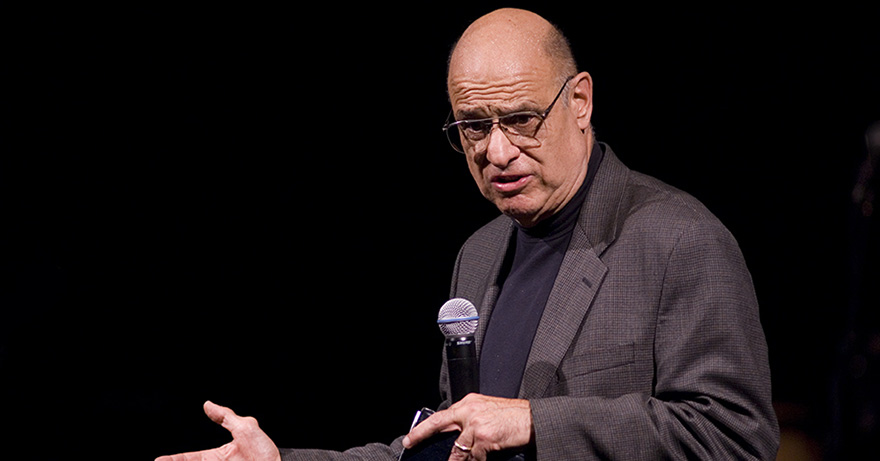Here’s something you might not hear in your church this week, but should: So many well known and well respected Christian leaders are ‘coming out’ in support of LGBTQI inclusion; are WE wrong to not?
Tony Campolo, author, theologian and outspoken evangelical leader, has today announced that after much prayer and study, he has changed his position on gay marriage and now believes that the church should be in favour of it. One by one, evangelical thinkers and theologians are changing their positions. Tony is a significant figure, as he has long stood against affirming gay marriage (while being in favour of churches improving their affirmation of celibate gays). This is an important milestone in the church’s journey of change on this issue.
Tony made the announcement a few hours ago via his blog.
He says, in part:
… Furthermore, we should be doing all we can to reach, comfort and include all those precious children of God who have been wrongly led to believe that they are mistakes or just not good enough for God, simply because they are not straight.
As a social scientist, I have concluded that sexual orientation is almost never a choice and I have seen how damaging it can be to try to “cure” someone from being gay. As a Christian, my responsibility is not to condemn or reject gay people, but rather to love and embrace them, and to endeavor to draw them into the fellowship of the Church. When we sing the old invitation hymn, “Just As I Am”, I want us to mean it, and I want my gay and lesbian brothers and sisters to know it is true for them too.
Rest assured that I have already heard – and in some cases made – every kind of biblical argument against gay marriage, including those of Dr. Ronald Sider, my esteemed friend and colleague at Eastern University. Obviously, people of good will can and do read the scriptures very differently when it comes to controversial issues, and I am painfully aware that there are ways I could be wrong about this one.
However, I am old enough to remember when we in the Church made strong biblical cases for keeping women out of teaching roles in the Church, and when divorced and remarried people often were excluded from fellowship altogether on the basis of scripture. Not long before that, some Christians even made biblical cases supporting slavery. Many of those people were sincere believers, but most of us now agree that they were wrong. I am afraid we are making the same kind of mistake again, which is why I am speaking out.
One by one, until the ripple becomes a wave, and the wave becomes a flood. That is how it has always been, with any major shift in society.
Thank you, Tony, for having the courage to make this stand. May many more pastors and Christian leaders be encouraged now to follow your lead, and help us change this dreadful error in our interpretation of the Bible.
UPDATE ON 10 JUNE 2015: Brian D. McLaren, long time friend and collaborator with Tony (who also opposed him on the gay marriage issue for many years, while still remaining friends), has commented on Tony’s statement as well as the Christianity Today editorial. It’s well worth reading here.









